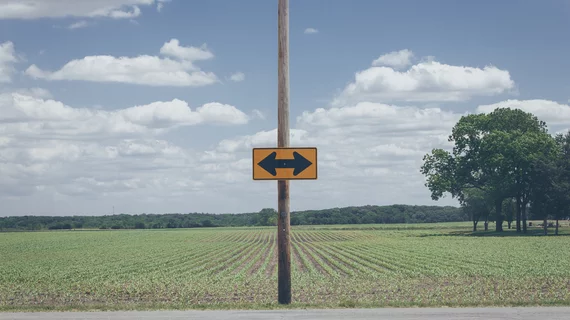A Western U.S. state may have rescued its rural hospitals from potential financial ruin at the hands of the pandemic. In the process the state has set the bar for regional health networks facing similar threats around the country.
The Colorado Hospital Association’s VP of rural health and hospitals tells the story to the ABC affiliate in Denver via TheDenverChannel.com.
The state’s key move was making the expected rural-to-urban patient transfers a “two-way highway,” explains the VP, Benjamin Anderson.
As the COVID crisis raged during its second spike, he says, “urban patients were being shipped in certain crisis points out to rural hospitals, where they would get optimal care” thanks to a well-coordinated effort to ready the rurals to handle nonemergency demand.
Other decisive actions included cross-training staff on urban- and rural-specific routines, leveraging loans from the federal Paycheck Protection Program and marshaling the will to work with unfamiliar colleagues on a broad scale.
“There’s been statewide collaboration,” Anderson tells the outlet. “[R]ural and urban hospitals and health systems voluntarily collaborated to set up this model that would allow for efficient, reliable transfer of patients” in both directions along the aforementioned two-way highway.
In both settings, he adds, “turning people away from care was not acceptable to us.”
Denver Channel coverage here.

